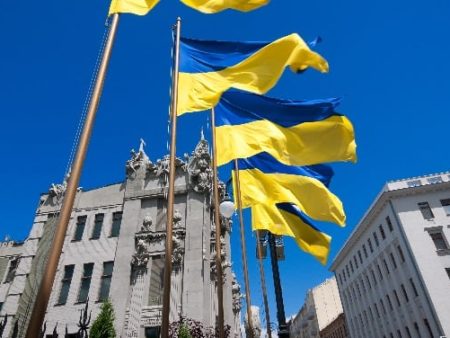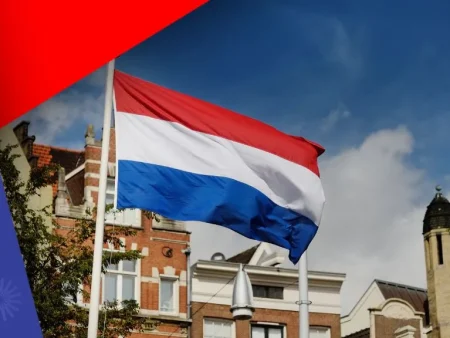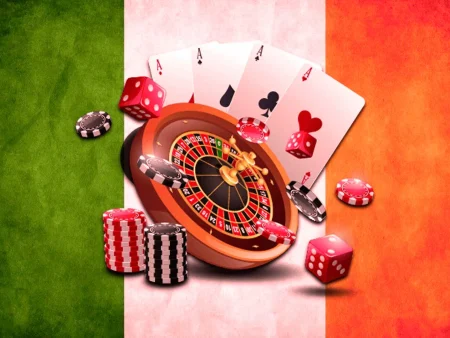This week, a small army of illegal bookmakers will be touting for business. They’ll be amidst the clink of champagne flutes in the hospitality areas of Cheltenham Racecourse.

Up to £30,000 will have paid up to entertain high rollers in a private box. Meanwhile, some will lurk close to the Parade Ring. They hope to meet a more lucrative group for owners and connections.
In black market betting activity, racing has a large and growing problem. This will increase. Government plans to introduce affordability checks for punters. They will need to provide if they incur losses of £125 within 30 days or £500 over the course of a year. If these plans become law, the situation may escalate further.
The United Kingdom government does not licensed black market betting. It can mean anything from the hundreds of online companies operating. They are based in countries with favorable tax rates like Malta and Montenegro. This is for individuals providing private betting services to wealthy clients thru WhatsApp.
While contributing nothing to the racing economy beyond the cost of their bar bill, both groups will be likely to be present at Cheltenham.
Even though few tears will be shed for bookmakers. The net result: hundreds of millions of pounds leaving the sport. It would lead to reduced prize funds, less investment in horse welfare and ultimately job losses and course closures.
Licensed bookmakers put over £400 million a year into racing through sponsorship, media rights, and the betting levy. People take black market profits offshore. It also includes paying £4.5 billion in tax and employing over 120,000 people.
The revenue generated by bookmakers is important to racing’s survival, which differs from other sports.
William Woodhams is the chief executive of Fitzdares. It is an online bookmaker with a private member’s club in Mayfair. He said that illegal bookmakers are taxing boxes at Cheltenham and entertaining potential clients without paying a penny into racing.


